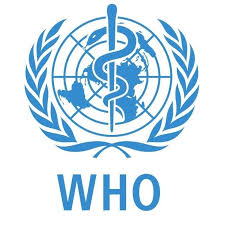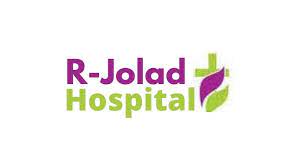The immediate-past President of the Nigerian Medical Association, Dr. Osahon Enabulele, on Tuesday gave the three tiers of government a hard knock on the poor state of the health sector saying the political class have failed the nation.
“After 54 years of independence, Nigeria still has a largely chaotic drug procurement and distribution system. There is reckless and indiscriminate advertisement of unproven and uncertified herbal and medicinal products on the electronic and print media,” he stated.
According to him, the country “is still sadly contending with most of the basic problems identified during the pre-colonial and immediate post-colonial periods,” despite noticeable improvements in some pre-independence health indices, particularly with respect to health infrastructure, availability of health human resource and training institutions for medical doctors/dentists and allied health professionals.
The views of the ex-NMA President and delegate to the just-concluded National Conference were contained in a statement titled: “My assessment of Nigeria health sector at 54″ issued in commemoration of Nigeria’s 54th independence anniversary and e-mailed to The Punch in Abuja.
He said, “At 54, Nigeria’s health care system is still being undermined by the poor political commitment to health and the health care needs of Nigerians, by Nigeria’s top political and public office holders. The health sector is also still blighted by poor budgeting for health at Federal, State and Local Government levels.
“Truly, aside from recent successes in the containment of the Ebola Virus Disease as well as publicised improvements in some health indices like Infant and Maternal Mortality Rates, Nigeria’s health care system is still largely deficient with government at all levels yet to decisively address most of the basic challenges confronting the health sector.”
Enabulele regretted that the Federal Government’s promise in 2013 to institute a Health and Hospital Development Intervention Fund as well as establish six regional world class hospitals have remained mere rhetoric.
He stated that Nigeria was yet to enact a National Health Act while Universal Health Coverage in Nigeria was still hovering around a miserable 7% coverage, far lower than rates seen in other less endowed countries like Rwanda, Tanzania and Ghana.
To him, there remain huge deficits in health human resource where professionalism, best practices, job description, roles and team play under the universal leadership and co-ordination of the medical doctor/dentist (clinical team leader) seem to have taken a flight from Nigeria’s public hospitals, with attendant negative consequences on inter-personal-professional relationship and effective service delivery.
BY FRIDAY OLOKOR
ABUJA: Training Schedule for Basic Life Support BLS, Pediatric Advanced Life Support (PALS), Advanced Cardiovascular Life Support ACLS, First Aid, CPR, AED
PORTHARCOURT: Training Schedule for Basic Life Support BLS, Pediatric Advanced Life Support (PALS), Advanced Cardiovascular Life Support ACLS, First Aid, CPR, AED
LAGOS: Training Schedule for Basic Life Support BLS, Pediatric Advanced Life Support (PALS), Advanced Cardiovascular Life Support ACLS, First Aid, CPR, AED




